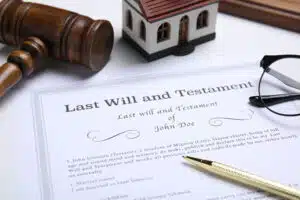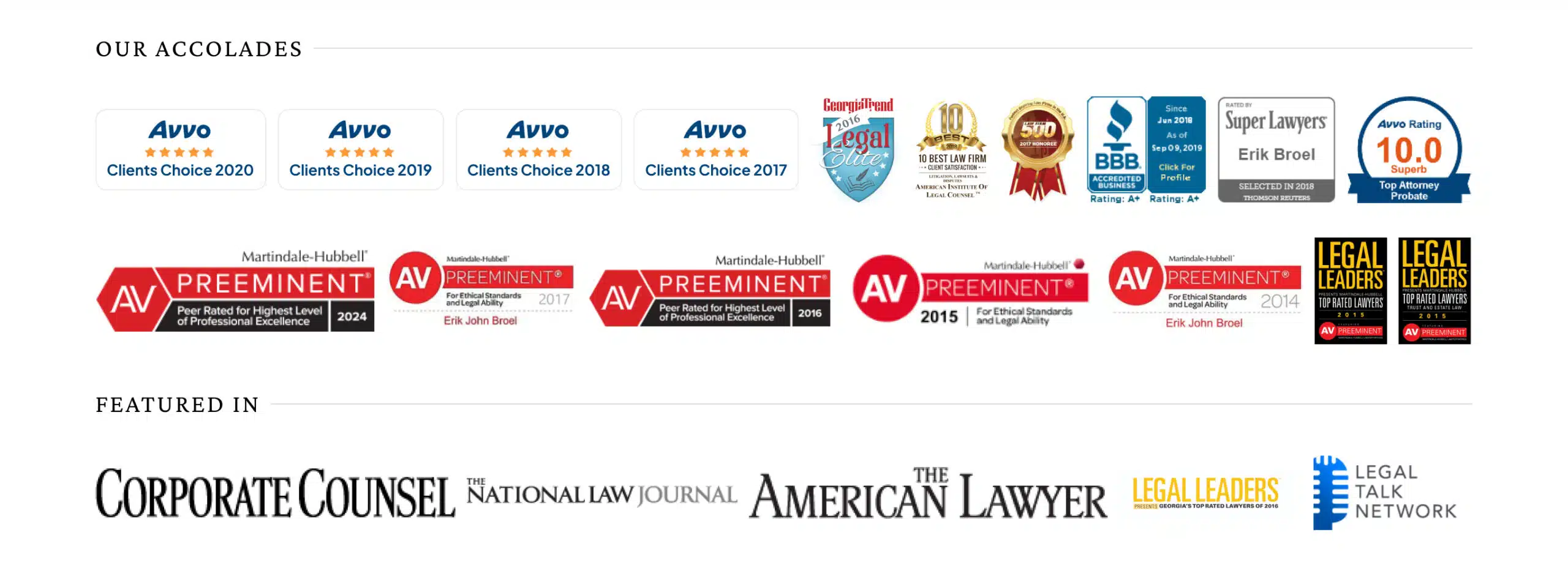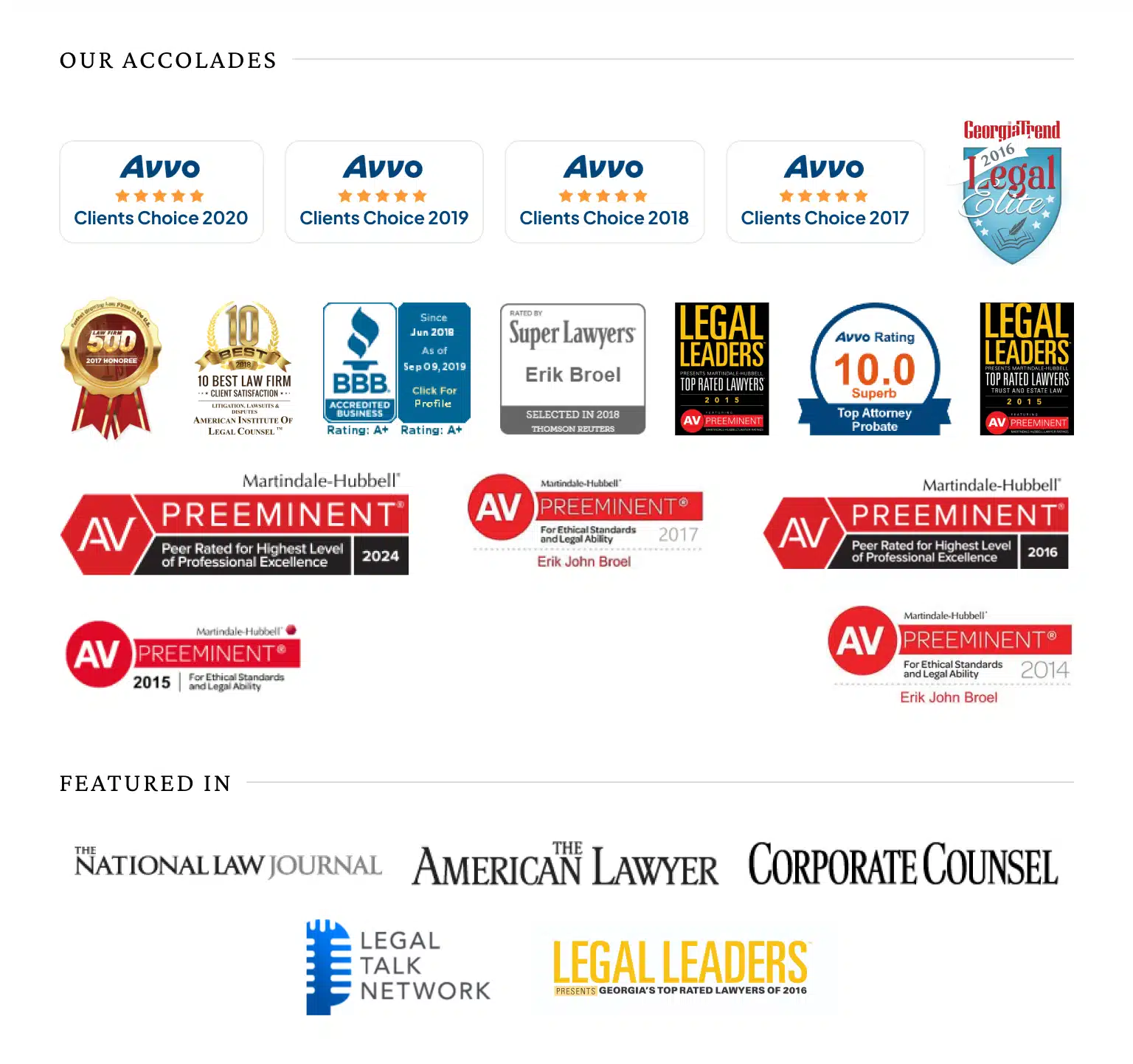When a loved one dies, coping with grief might not be the most challenging part you have to handle. You might also pay bills, sort the documents, and probate the deceased estate. During this process, some of the questions you might have are about how to find a will, whether you are a beneficiary in a testament, and how to find out if a will exists for free. You would also want to know if wills are public records, and if so, how to find them in public records, and who can see a will during probate.
Read our in-depth post to learn more about all these essential steps following a loved one’s death.

A will is a legal document that outlines a person’s wishes regarding the distribution of their assets and properties after they pass away. If your loved one dies intestate (without leaving last wills), the court will use a set of rules called “intestate law” to decide what happens with the late person’s estate.
According to a recent study, while 68% of Americans die without a will, 32% take the time to create one. This means that when they die, it is essential for their family and their estate executor (if they nominated one through their will) to locate their testament promptly or to know how to find out if a will exists for free so their efforts to create a won’t go in vain.
Finding the deceased’s will has multiple benefits, such as:
Without a valid will, the decedent’s assets will be distributed according to intestacy rules and state laws. Finding the testament and the other estate planning documents will ensure the deceased’s inheritance is distributed according to their wishes.
Probate is the legal process to establish a will’s validity. The term also generally refers to the court-supervised process of distributing an estate.
Depending on each situation, the probate process can be longer or shorter and more or less expensive. Time and cost are influenced by factors like the decedent’s estate’s size and value or a dispute between family members.
A clearly drafted document may settle or avoid disputes, giving those left behind the gift of a quicker and easier probate process.
A will lets people decide who will get their property after they die. As the testators, they can name people as beneficiaries for specific assets or use the will to ensure that other surviving relatives don’t receive anything.
For example, the late person might want to prevent an ex-spouse from receiving an inheritance. Or, if one child received their support through school, they might want to make sure a second child gets their fair share, too.
When your executor handles your will, they’ll be in charge of distributing these assets.

If you are the loved one of a decedent or the executor of their estate, it’s likely important to you that the deceased’s final wishes are honored as they are specified in their last will and testament.
To ensure this happens, you must know how to find out if a will exists for free and to locate it promptly following the death.
Some simple ways to find a testament you may wish to try are:
It is very common for someone to store their will and estate plan at home, leave them with a family member or a close friend, or at least discuss with them the place where this document might be kept.
Therefore, while they may not know the exact location of the will, they may be able to provide clues based on their conversations with the decedent.
Some individuals will choose to file their will at the Probate Court before they pass away. While this is rare, it is always a good place to check to find out if your loved one left a will on file with the court.
In some areas, there may be other public record offices where individuals have filed their wills before passing.
Typically, if your loved one had an estate planning attorney helping with estate documents, he may have agreed to store them. Therefore, it is a good idea to check with them to see if they may have a copy of the will
An experienced probate attorney can also help you track down your loved one’s last will and testament.
The deceased may have had the foresight to register their will in online databases. A will registry is the easiest way for family members who are interested in finding the will of a deceased person online.
The registry may not contain a complete electronic copy of the will itself, but it will at least include information about how to find the original will.
Once you find the person, law firm, or other entity that has the original will and gain access to the document, you can probate the estate.
Other counties have their own online databases regarding estates.
Yes, a will is considered a public record in Georgia. If a person chooses to file their will with their local court while they are still alive, its contents will become available to the public.
Once the testator passes away and their will has been filed at the probate court, an interested party can request a certified copy if they know how to find a will in public records.
The interested party may also be able to search on Georgia Probate Records to view an estate that has been filed.
During the probate process, the will may be seen by any interested party, including heirs, beneficiaries, and creditors.
A probate record is a court record regarding a deceased person’s estate after death.
The following steps will help you find probate records online:
First, you should determine the county where the estate executor filed the probate. Typically, this is in the county where the testator was living at the time of their death.
If you don’t have the necessary information on hand, you can search online for the decedent’s former address or area hospitals. Another option is to search the local newspaper or funeral home obituaries for relevant information.
Once you know where the probate is, you can search that county government’s website for the deceased person’s name. You can also get access to that person’s will if it has gone through the probate process, had a probate court file number and become public. However, it is worth mentioning that you might find just a summary of the testament and not all the details you are looking for.
If the will is unavailable online, you can call the probate court to request a copy or visit the county clerk’s office and talk to him about your situation.
To obtain the will from court archives, you need to submit your request and pay a fee. Your request needs to include the deceased’s name and date of death. You may also need to show a copy of their death certificate.
Once you’ve located the will and its essential details, it usually doesn’t take too long to obtain it. Depending on when the decedent passed away, the will might be on paper, microfilm, or digital. You can also get a copy of the Will, stamped and certified by the court, as an exact copy of the official document.
Under Georgia law, any person possessing a deceased person’s original will is obligated to deliver it to the appropriate probate court.
As an estate beneficiary, you should be notified by the executor when an estate has been opened by the probate court.
In Georgia, once the probate court has appointed the executor, he is required to send notice to the will’s beneficiaries to notify them that:
The designated beneficiary should be allowed to see a copy of the last will & testament. If the person who has the will refuses to provide a copy to heirs or chosen beneficiaries, please contact our office to discuss your situation and potential options.
If the executor has not yet been appointed by the probate court, they will not be allowed access to the safe deposit box.
The most common way to access the box is to file a special petition requesting permission to access it. While there are other options, this method tends to be the quickest one.
Once the probate court reviews the petition, the judge may or may not hold a hearing. If the Court approves the request, the judge will issue an order authorizing the financial institution to open the safety deposit box and allow the person identified in the order to access its contents.
Usually, the bank sets an appointment within a few days to provide access to the box. The person authorized by the order will be allowed to review the box’s contents in the presence of bank personnel. If an original or copy of a will is found, it must be turned over to the probate court immediately.
If you can’t find the original testament or a copy, it could mean the loved one died without a will, and a probate court will distribute the estate according to Georgia’s intestacy laws.
To obtain authority to settle the estate, the heirs of the deceased must designate an administrator. A petition must be filed with the court, and the probate judge must appoint him as personal representative and issue Letters of Administration.
Once he obtains all the necessary documents, the administrator may settle the estate.
Trying to locate a will can be difficult, and it might require understanding testaments, how the probate process works, and the various steps you need to take after a loved one passes away.
Regardless of your issues with a decedent’s testament, our experienced probate attorneys can help and guide you through the complex probate process. Reach out to our office at (770) 758-9733 or schedule your consultation with one of our team members to discuss your specific situation related to how to find out if a will exists for free.
Disclaimer These websites have not been reviewed by Georgia Probate Law Group and are not endorsed or even recommended by Georgia Probate Law Group. These websites are additional resources that you can use to further your general education on this topic.
Disclaimer: The information above is provided for general information only and should not be considered legal advice. Our probate attorneys provide legal advice to our clients after talking about the specific circumstances of the client’s situation. Our law firm cannot give you legal advice unless we understand your situation by talking with you. Please contact our law office to receive specific information about your situation.
Compassionate listeners, knowledgeable guidance. Schedule a free consultation with our team and let us help you and your family with your legal concerns.
GET IN TOUCH 770-796-4685Learn Important Probate Essentials, including key things that go wrong in an estate, how to prevent them, and what to do if they happen.



© 2025 Georgia Probate Law Group by Broel Law, LLC. All rights reserved.